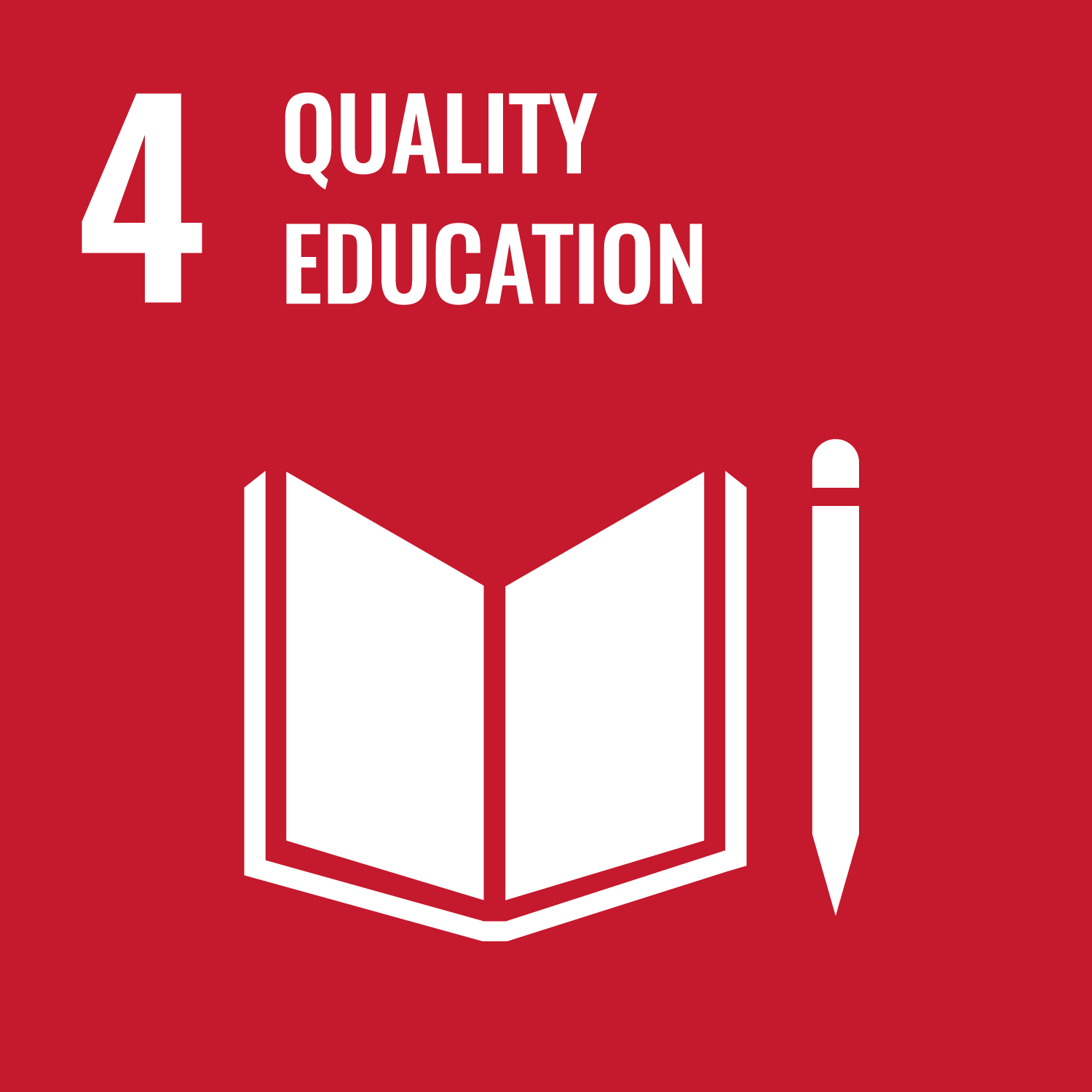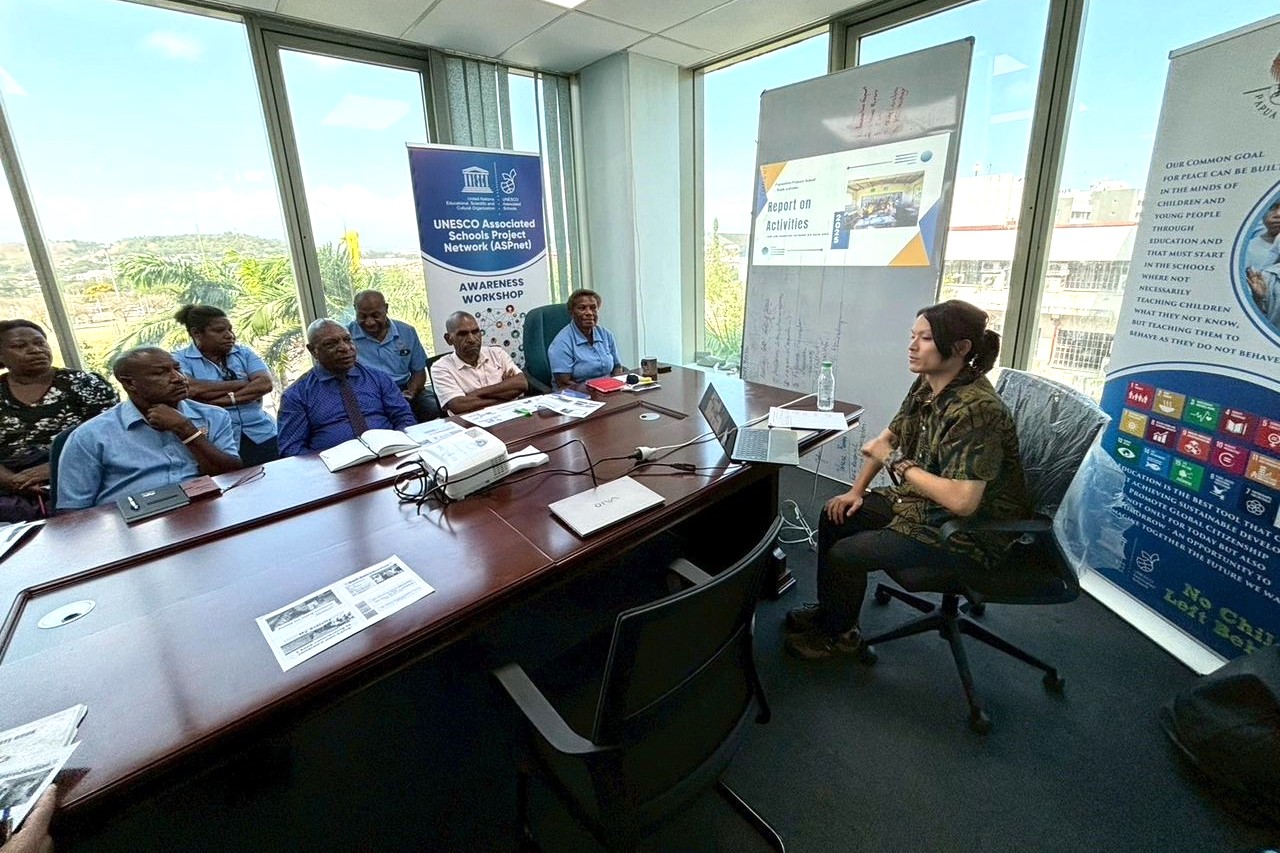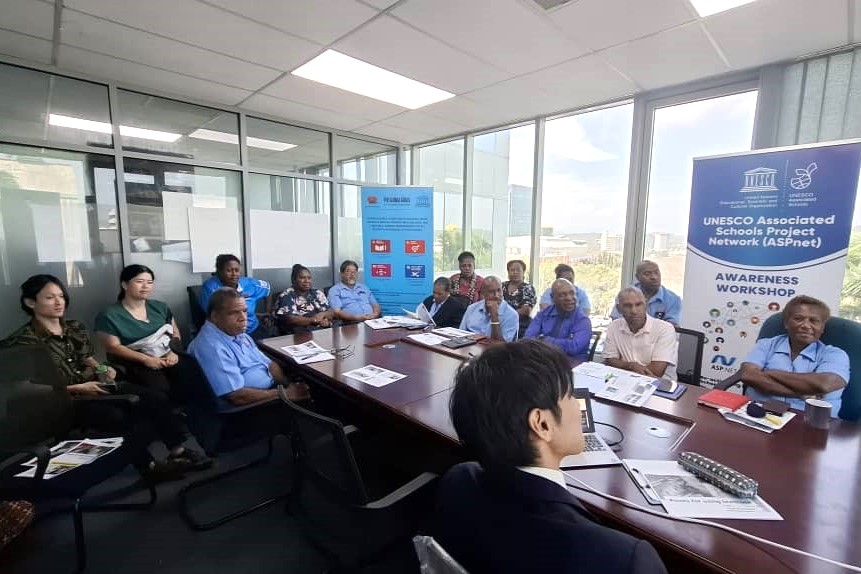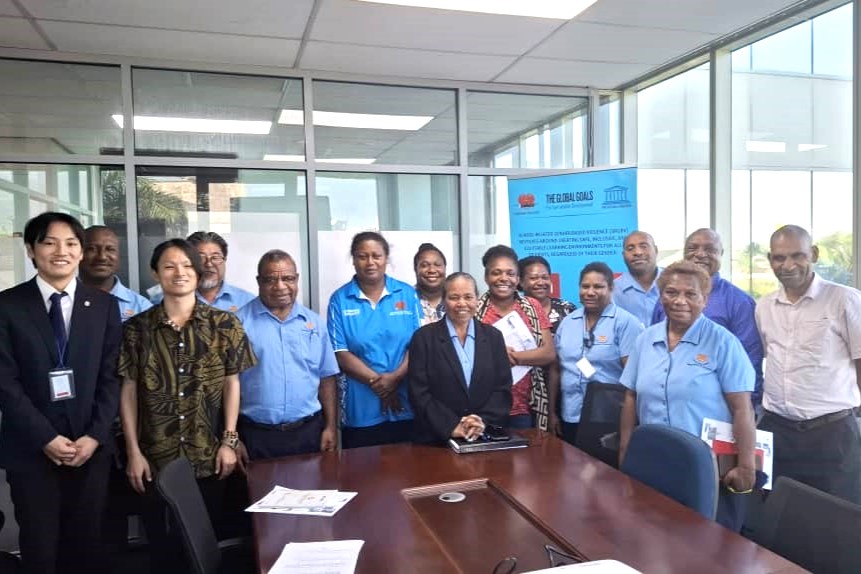Report to the Ministry of Education — The Use of Textbooks and the Potential of Mathematics Education


2025.09.12
On August 28, 2025, JICA Volunteers Mr. Yu Suzuki (Popondetta Primary School) and Mr. Koya Kobayashi (Bethel Primary School) presented their activity reports to officials of the Papua New Guinea Ministry of Education. This presentation was made possible with the support of JICA Education Policy Advisor Mr. Koji Kida.


Classroom Practices Using Textbooks
Mr. Suzuki introduced how the mathematics and science textbooks and teachers’ manuals can be effectively applied in PNG classrooms. He highlighted examples showing that incorporating “step-by-step lesson structures,” “the use of visual teaching materials,” and “time for reflection” has helped improve students’ calculation skills. He also reported on efforts such as teacher training and open classes that help local teachers feel more confident in using textbooks.
Mr. Kobayashi, in addition to sharing his activities in developmental support and English education, addressed challenges in mathematics teaching. He demonstrated visual teaching aids during the presentation, allowing Ministry officials to experience their effectiveness firsthand. He also explained the basic contents of the mathematics textbook in detail and described strategies to make it easier for teachers in PNG, where textbook use is still at an early stage, to adopt in their classrooms.
Discussions with the Department of Education
Questions from Ministry officials included: “To what extent are local teachers actually using the textbooks?” and “How can blackboard use be improved?” Active discussions were held based on examples of lesson planning and material usage, confirming the importance of building systems that enable teachers to continue using textbooks effectively.
Expert’s Perspective
JICA Education Policy Advisor, Mr. Kida evaluated the presentation positively, noting that it was meaningful for volunteers to present concrete practices and data. Opportunities for policymakers to directly access detailed information from schools are limited, and this presentation served as “an important step in linking voices from the field to education policy.” He further commented that while the current stage may not directly influence education policy, it is “a valuable opportunity that can lead to the achievement of quality education,” emphasizing the need for continuous delivery of field information to the Ministry.

Looking Ahead
This activity report confirmed that the use of textbooks and manuals contributes effectively to improving students’ academic performance, while also highlighting the need for continued teacher training and the wider dissemination of teaching materials.
JICA will continue to work closely with the Department of Education, experts, and volunteers to ensure that children in Papua New Guinea can grow up in a better learning environment.
Related Link
・“J-PRISM3” holds the 2nd Steering Committee (SC) meeting
・From Waste to Wonder — Popondetta Primary School’s Approach
・Thinking About the Future of the Ocean Together with Student — Environmental Education Volunteer
Please also visit our Facebook for our latest activities and events news
JICA Facebook Page
scroll